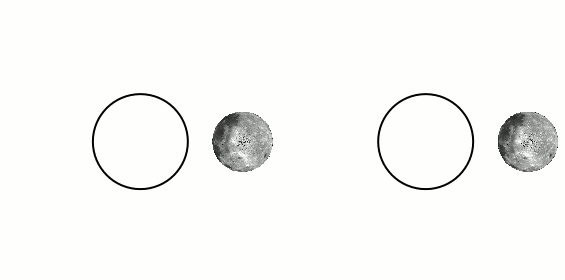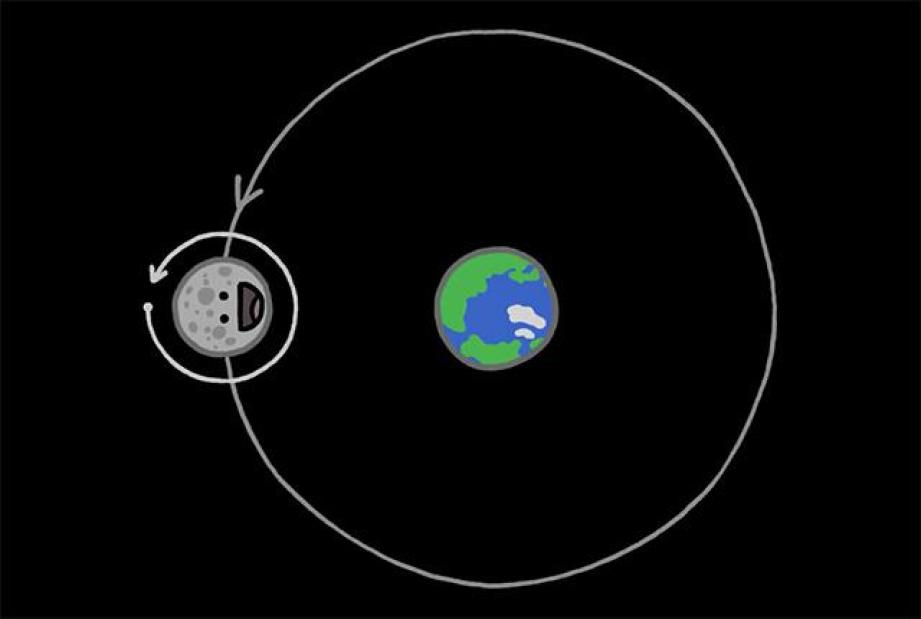WHY WE SEE ONE SIDE OF THE MOON

This is one interesting topic that has held my imagination for a long time. Even though I questioned this topic, I either didn’t have the time to study it or was non nonchalant about it since no one ever said anything about it. It felt like every other person knew the answer. Not until I started asking the people around me. It’s surprising to know that our parents and even some people we might think know the answer have no clue about this concept. I know that like myself, many people don’t have an answer to this question, so I took my time to study about this amazing phenomenon. I hope you find my research interesting and helpful
The simple answer is that we only see one side of the moon because the moon rotates around the Earth at the same speed it rotates around its own axis, so that the same side of the moon is constantly facing the

Surface of the earth. This means that one full ‘day’ of the moon (meaning the length of time it takes for the moon to rotate around itself once) is about 4 weeks long. If the moon didn’t rotate at all, we would see all of its sides; the only way for us to see such a constant face of the moon is if it’s also rotating.
However, the underlying reason why the moon rotates at this exact speed, forcing us to only see a single side of it, is because the moon has been tidally locked to the earth. Tidal locking is a stable configuration,

and relatively easy to get to, given enough time, so many of our solar system’s moons are found to be tidally locked, including the dwarf planet Pluto and its largest moon Charon, which are both tidally locked to each other.
The “lock” part of this name refers to the way that an object - like the Moon - is apparently fixed in position, with one side always facing the other object. Any object which is found to be tidally locked will always have one side of itself facing the surface of the planet it’s orbiting. The amount of time it takes to orbit around the planet will vary from object to object. However, as long as the object is tidally locked, the rotation will match the length of time it takes to orbit.
please drop any other info you think will be relevant to this topic.